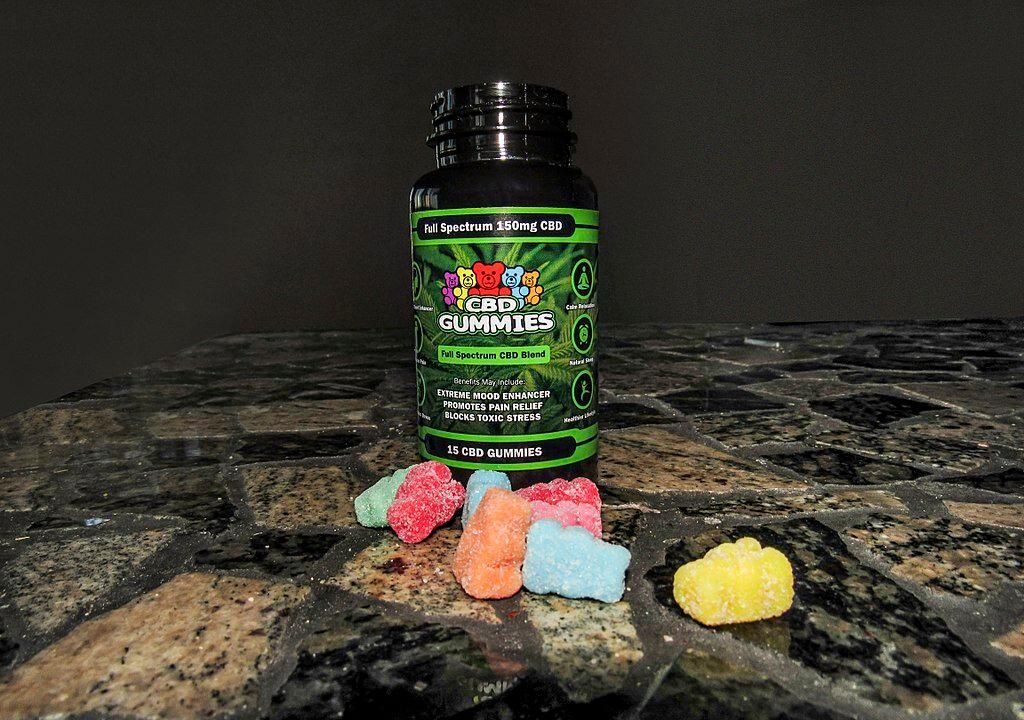The mother of an elementary school student who brought gummy bears believed to be laced with marijuana and offered them to fellow students at an Ohio elementary school has been arrested, according to a police report.
Shari Gould, 27, was arrested for endangering children but has not been formally charged, reported WOIO.




